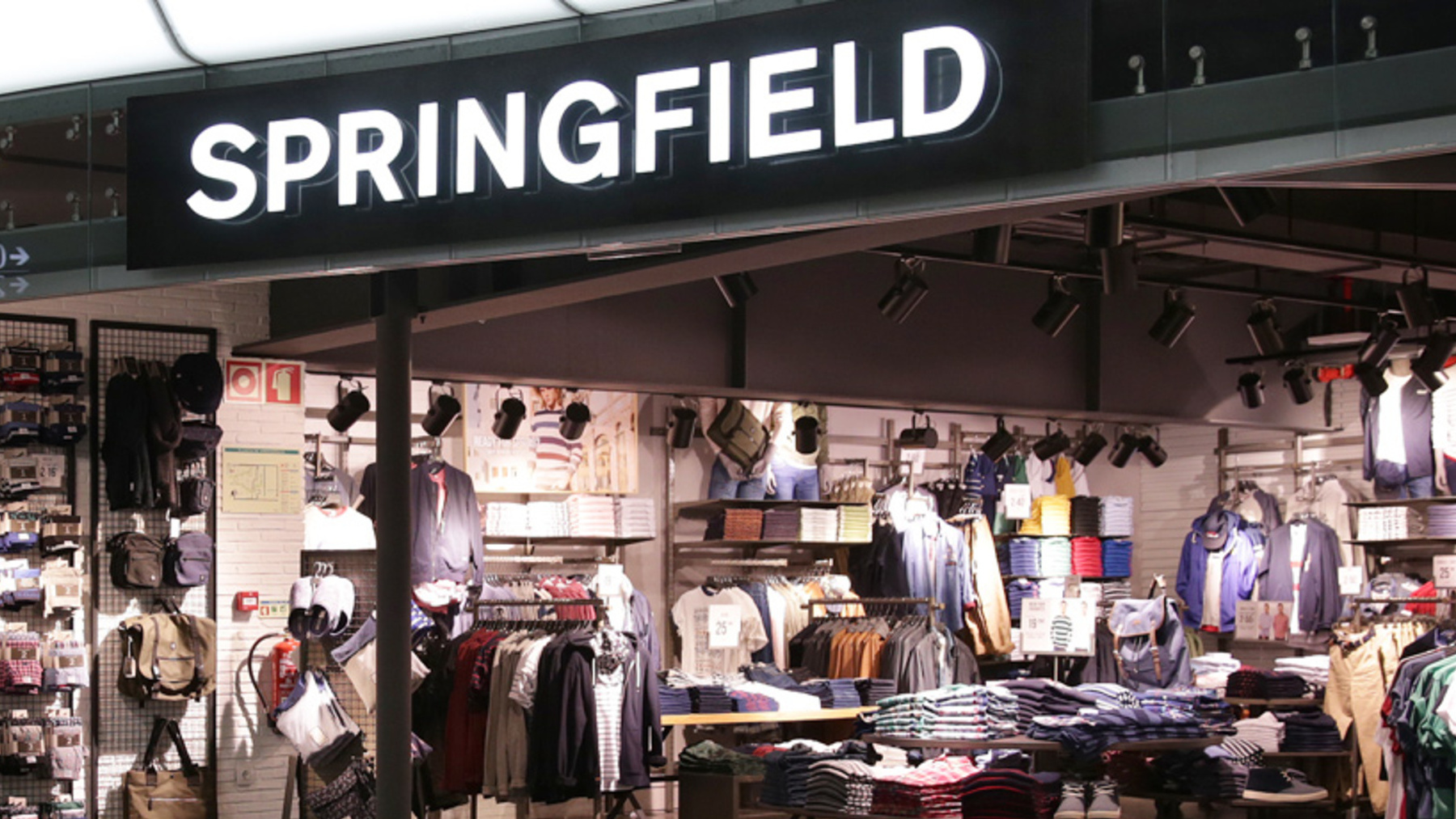Loading…
Russia responded to the details of a European cap on oil and gas prices by threatening to wrest existing supply contracts if restrictions were imposed. Photo / Doc
Read also: Russia closes the gas supply, Germany spends up to Rp 957 trillion
European Commission President Ursula von der Leyen attempted to lay the foundations for Friday’s meeting by outlining five points. These include a cap on Russian gas prices, a fossil fuel tax, mandatory electricity reduction targets, and an emergency line of credit for power companies.
Russian President Vladimir Putin responded to the proposal by threatening to wrest existing supply contracts if restrictions were imposed on Russia’s energy exports. He warned that he was ready to let Europe “freeze” during the winter months.
Russian Foreign Ministry spokeswoman Maria Zakharova explained that the West failed to understand how energy price restrictions could affect their countries. “The West collectively does not understand: the introduction of price limits for Russian energy resources will lead to slippery floors under its very feet,” Zakharova said, according to Reuters.
EU Member States are not expected to reach a decision on proposed policy ideas on restrictions. The region, which includes 27 countries, experienced a sharp decline in business Russian gas which is generally its main energy supplier, stalled over the Kremlin attacks in Ukraine.
Read also: All eyes are on Ukrainian routes as Russia cuts off European gas flows
Russian gas imports into Europe are currently 9%, representing a substantial drop from around 40% before the outbreak of the war in Ukraine. The energy dispute between Brussels and Moscow recently saw Russia completely cut off gas flows through an important supply route to Europe, exacerbating the risk of a recession and a winter shortage of gas.
Speaking in Brussels over the weekend, European Energy Commissioner Kadri Samson told reporters that the meeting was necessary to provide governments with the right tools to deal with the deepening energy crisis.
“It’s not just about the price. It’s also a challenge in terms of security of supply,” said Simon.
–


